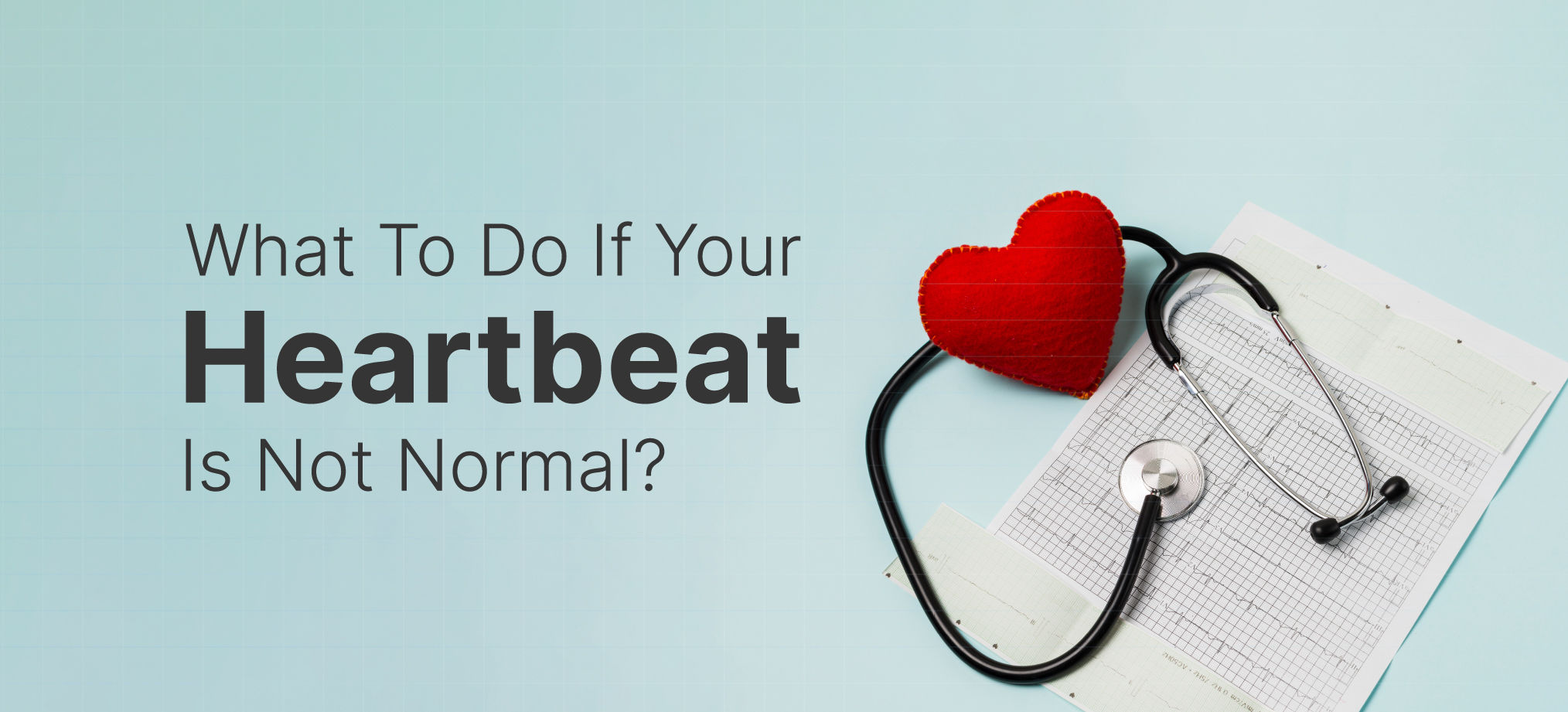Heart Conditions
Adults Over 40 Can Have Hidden Heart Conditions! Know Them Here
4 min read
By Apollo 24|7, Published on - 19 April 2023, Updated on - 12 September 2023
Share this article
0
9 likes

Cardiovascular diseases are the leading cause of death globally. In the year 2020, nearly 19.1 million people died due to cardiovascular disease worldwide, with heart attack and stroke accounting for the majority of these deaths. But the most surprising and scariest thing about heart disease is that it can develop at an early age and stay in a dormant state for many years.
A new study involving 9,000 people from Copenhagen, Denmark found that many people have early signs of heart disease but don’t exhibit any symptoms. This study discovered that a large number of the participants had never been diagnosed with heart disease but still suffered from subclinical obstructive coronary atherosclerosis, which is a type of cardiovascular disease that results in a more than 8-fold increased risk of a heart attack. The findings of this study indicate that around half of all people over the age of 40 may have hidden heart conditions that stay undetected.
Coronary Atherosclerosis in Adults Over 40
Also referred to as coronary artery disease, coronary atherosclerosis occurs when plaque builds up in the walls of the arteries responsible for supplying blood to the heart. This build-up of plaque narrows the arteries, making it difficult for the blood to reach the heart, leading to a heart attack. Notably, coronary atherosclerosis is by far the most common cause of heart attacks.
Risk Factors for Coronary Atherosclerosis
There are numerous risk factors for coronary atherosclerosis, some of which you may control with the help of certain medications or lifestyle changes. It’s essential to be aware of these risk factors to be able to manage them.
Non-modifiable risk factors for coronary atherosclerosis include:
- Men over the age of 45 and women over the age of 55
- Family history of heart disease
- Early menopause (before age 40)
Modifiable risk factors for coronary atherosclerosis include:
- Diet high in refined carbs and saturated fat
- Sleep deprivation
- Lack of exercise
- Smoking or other tobacco use
- Use of hormonal birth control
Diseases and health problems that increase the risk of coronary atherosclerosis include:
- Hypertension
- High cholesterol levels
- High triglycerides levels
- Anaemia
- Chronic kidney disease
- Autoimmune diseases like rheumatoid arthritis and lupus
- Diabetes
- Metabolic syndrome
- HIV/AIDS
- Obesity
- Endometriosis
- Sleep disorders, such as sleep apnoea
- History of gestational diabetes, preeclampsia, or eclampsia
What Can be Done to Prevent Heart Disease?
While some of the risk factors for this disease cannot be prevented, there are several measures you can take to reduce your risk as well as manage your condition once diagnosed. Here are some of the things you can do:
1. Quit Smoking and All Tobacco Use
Smoking damages the lining of the arteries, making them more susceptible to plaque build-up and narrowing. Quitting can help improve blood pressure, reduce inflammation, and decrease the risk of blood clots, all of which can lead to better heart health.
2. Take a Heart-Healthy Diet
A heart-healthy diet is low in trans fat, sugar, sodium, and saturated fats. It also involves restricting the consumption of refined carbs, like pasta and white bread. Replace these foods with plenty of fruits, vegetables, and whole grains, like brown rice and wheat bread. Such a diet can keep your cholesterol levels and blood pressure in check, reducing the risk of coronary artery disease.
3. Get Enough Sleep
Getting adequate sleep is crucial for reducing the risk of coronary artery disease. Poor sleep habits can contribute to higher levels of stress hormones, blood pressure, and inflammation, all of which are risk factors for heart disease. Consistently getting enough sleep can help promote heart health and overall well-being.
4. Maintain a Healthy Weight
Obesity is a major risk factor for coronary atherosclerosis. You can consult with a doctor to determine your ideal weight and set manageable fitness goals. It’s advisable to avoid adopting short-term restrictive diets, instead, make lifestyle changes that you can stick with.
5. Exercise Regularly
Physical activity can help lower blood pressure, improve cholesterol levels, and reduce inflammation, all of which can contribute to better heart health. It’s advisable to exercise for at least 150 minutes every week. Even moderate exercise, such as brisk walking, can have significant benefits for the heart and overall health.
Prevention is always better than cure. So, it’s highly advisable to adopt a heart-healthy lifestyle and reduce your risk of coronary artery disease as much as possible. If you are worried about your risk, talk to a doctor and determine the best strategies to improve your cardiac health. For more questions,
Consult Apollo's Expert Cardiologists
Medically reviewed by Dr Sonia Bhatt.
Heart Conditions
Leave Comment
Recommended for you

Heart Conditions
Why Is My Heart Beating So Fast? Causes, Home Remedies, and Red Flags
If you have a racing heart, also known as tachycardia, watch out for excess caffeine drinks, and alcohol. Read this blog, as we highlight the different causes, remedies and red flags which trigger a fast heartbeat.
.jpg?tr=q-80)
Heart Conditions
Keeping Hypertension in Check: Tips and Treatments
High blood pressure, also called hypertension, happens when the blood pushes too hard against the walls of your arteries. Arteries are the blood vessels that carry blood from your heart to the rest of your body. Hypertension forces your heart to work harder to pump blood and can cause your arteries to become narrow or stiff.

Heart Conditions
Exercises Heart Patients Must Avoid!
Too much exercise can adversely impact heart health, especially in those who have already been diagnosed with a heart condition. Know more about the best exercises for heart patients.
Subscribe
Sign up for our free Health Library Daily Newsletter
Get doctor-approved health tips, news, and more.
Visual Stories

Lower Your Cholesterol Naturally with These 7 Foods
Tap to continue exploring
Recommended for you

Heart Conditions
Why Is My Heart Beating So Fast? Causes, Home Remedies, and Red Flags
If you have a racing heart, also known as tachycardia, watch out for excess caffeine drinks, and alcohol. Read this blog, as we highlight the different causes, remedies and red flags which trigger a fast heartbeat.
.jpg?tr=q-80)
Heart Conditions
Keeping Hypertension in Check: Tips and Treatments
High blood pressure, also called hypertension, happens when the blood pushes too hard against the walls of your arteries. Arteries are the blood vessels that carry blood from your heart to the rest of your body. Hypertension forces your heart to work harder to pump blood and can cause your arteries to become narrow or stiff.

Heart Conditions
Exercises Heart Patients Must Avoid!
Too much exercise can adversely impact heart health, especially in those who have already been diagnosed with a heart condition. Know more about the best exercises for heart patients.
